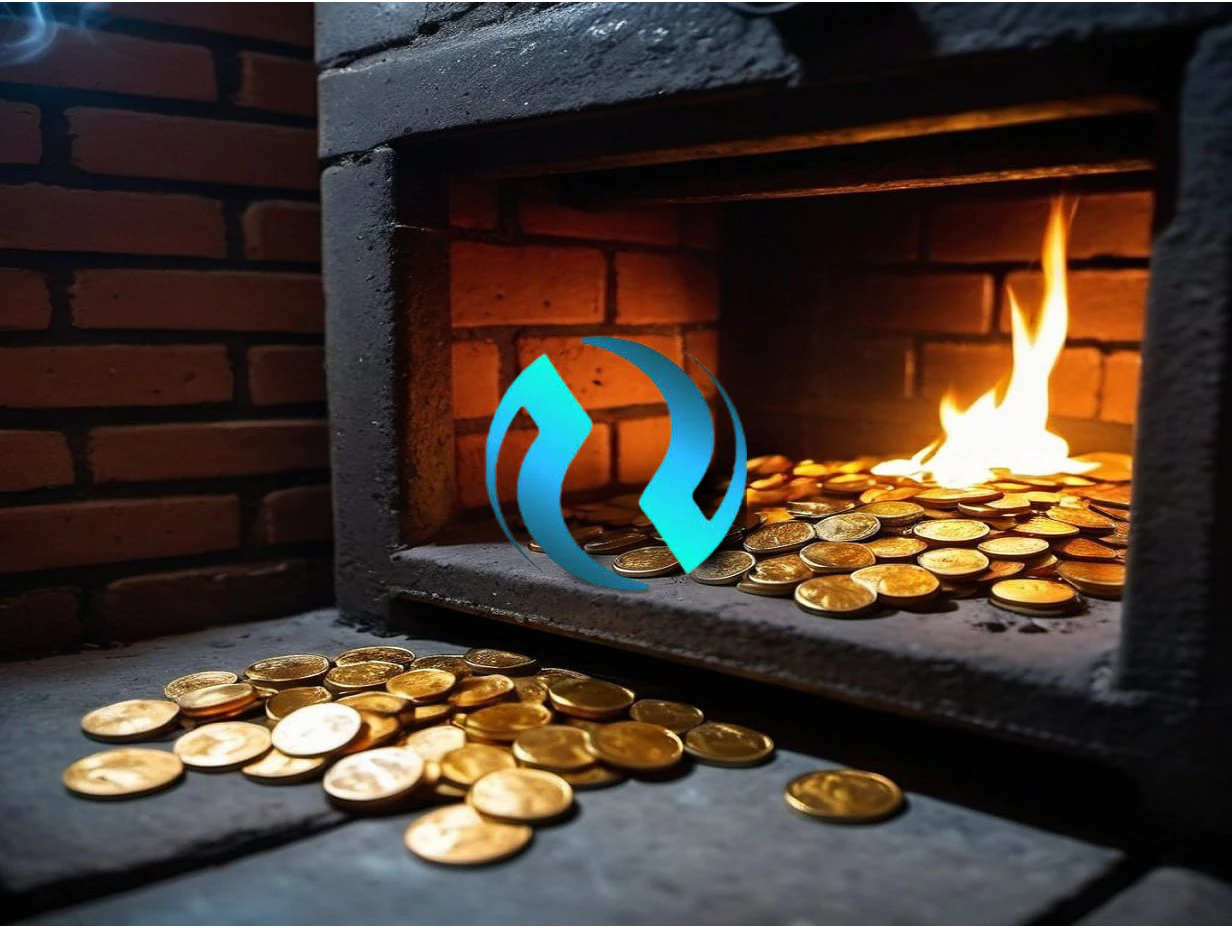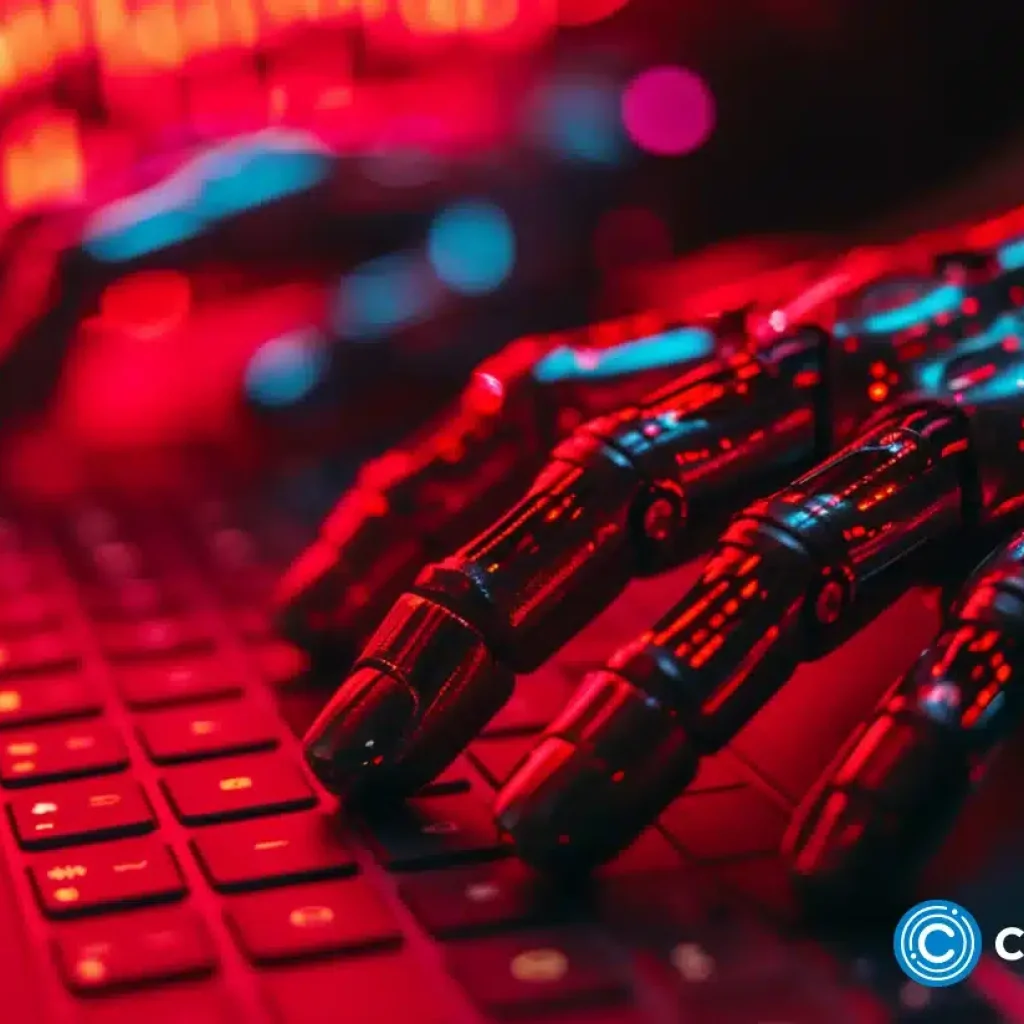Injective (INJ) is recovering faster than the market, gaining more than 10% in the last day. Renewed token burns boosted INJ, which rose to $28.28. On May 22, the team plans to hold the next token burn session and burn approximately $322K in INJ tokens. At this rate, predictions see around 100K additional INJ tokens burned in Q2.
INJ tokens get destroyed in the event of a “burn auction”, a weekly event that has the goal of limiting INJ in circulation, while also rewarding participants.
The goal of Injective is turn its token deflationary, and have one of the highest burn ratios among crypto projects.
Burn Auctions Signal Higher Activity
Each Injective burn auction is based on the project’s weekly fees. The fees, denominated in ETH and WBTC, are the object of the auction. INJ owners bet to buy the pool at the highest possible price, but potentially at a discount to the market price. The pool can only be acquired for INJ tokens.
Also read: What’s The Main Challenge Holding DeFi Back? Liquidity
After the auction, the sum of INJ paid is taken out of the pool by burning to a non-recoverable address. Thus, the Injective event has a double goal – to encourage user activity and reward participants, while also limiting the INJ supply.
INJ has a supply of 100M, of which more than 93M are in circulation. All INJ tokens are unlocked, and have completed their vesting periods in the past few years. Currently, Injective is limiting the token supply, with no more big unlocking events left.
Injective Aims to Build the Blockchain for Finance
Injective is a relatively late arrival to decentralized finance. The INJ token launched in 2021, but reached its all-time high only during the 2024 bull market.
At the current valuation, Injective has a full ecosystem of apps with a prevalence of decentralized exchanges.
Injective is now in the process of waiting for its biggest protocols to grow. The Helix DEX and Hydro Protocol show growth in the past few weeks, and are among the high-profile applications on social media. Overall, Injective has drawn in around $70M in liquidity, accelerating by nearly 50% since the beginning of May.
Injective Burns Aim to Limit Effect of Low Float
Injective has some signs of a project backed by venture capital. The token is trying to reverse the effect of the low float by its aggressive burn mechanism.
The project has held a seed round and a private round of funding. Additionally, Injective has big-name backers, including Panthera, QCP Capital, Hashed Fund, CMS Holdings, Blocktower Capital, as well as crypto investors Jump Crypto and BH Digital. Injective even gets a boost from being affiliated with crypto billionaire Mark Cuban, who joined the strategic funding round worth $10M.
The Injective public sale also raised just around $7M, while more than $50M came from private rounds and VC funds. Additionally, the team allocation is 20% of all INJ tokens, which by itself may be enough to weigh down the market in the medium term.
Injective Targets Developers to Expand Ecosystem
Injective is now trying to expand its reputation, by targeting developers and spreading its official documentation. Builders can now access Injective community resources for anything from node operations to general development and capabilities for decentralized finance.
The Injective blockchain has chosen a path similar to Solana, building a relatively isolated L1 network with a native ecosystem. During the current bull market, INJ is considered a relatively early opportunity, though weighed down by the expectation of VC backers.
Injective Aims for Mix of Projects
The Injective network aims to add the basic elements of modern decentralized finance—lending, liquidity mining, DEX, oracles, and savings protocols. The current selection of projects is already increasing the daily transaction load.
Injective is also open to upcoming play-to-earn games and a native NFT collection modeled after Punks.
Cryptopolitan reporting by Hristina Vasileva





